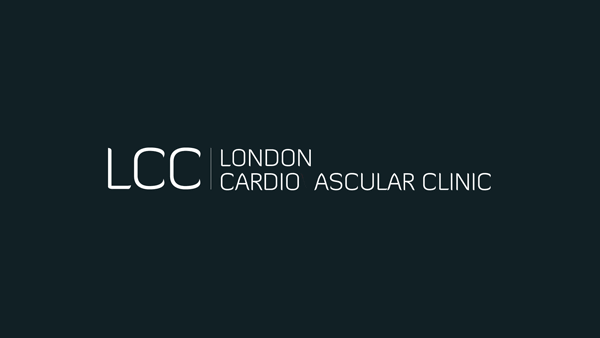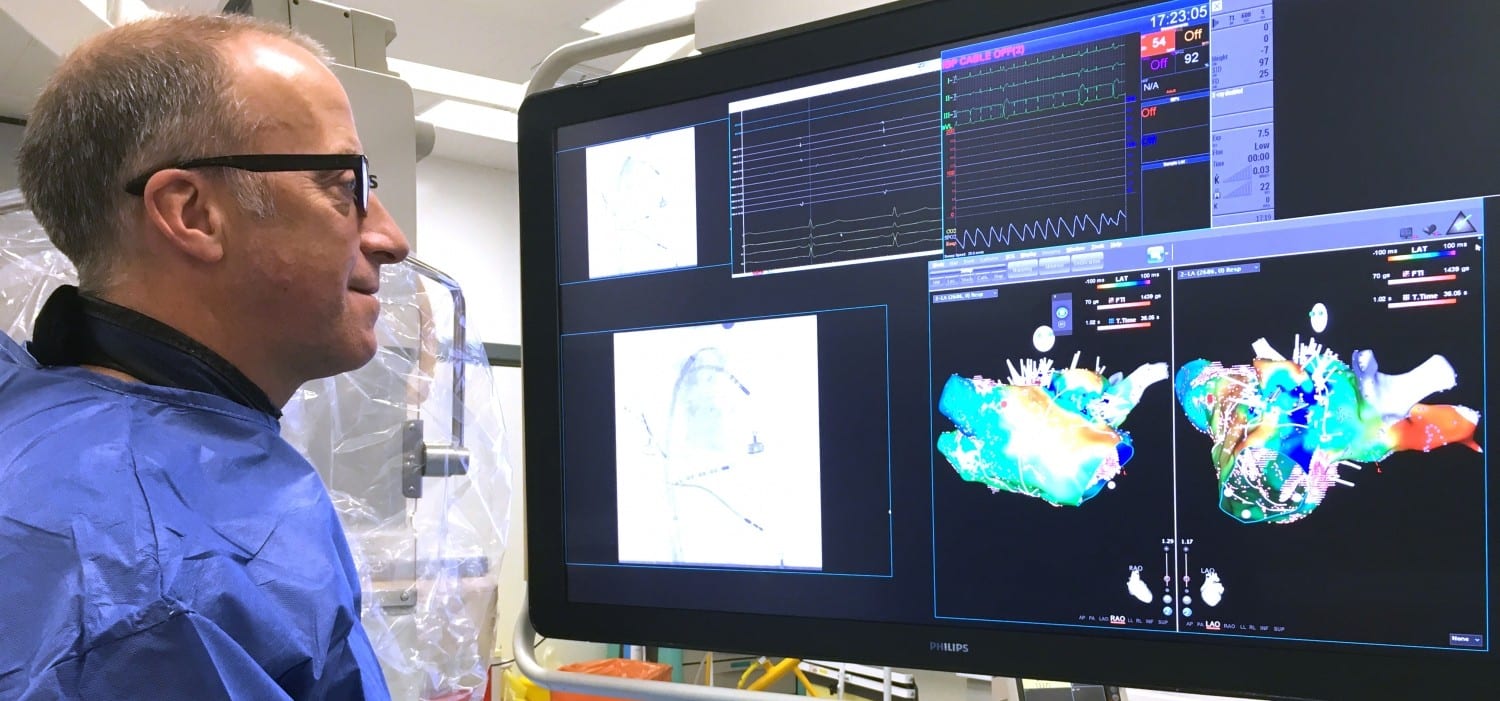Characterized by a very fast heart rate, VT usually is seen in the setting of other serious heart disease, and may be life-threatening.
Occasionally, it occurs in people with normal hearts. If it does not stop on its own, VT usually requires prompt treatment with either medication or an electrical jolt to the heart (electrical cardioversion). Further treatment of VT may involve antiarrhythmic medications, a catheter ablation procedure, or rarely surgery. Often, people with VT and heart disease are protected by implantation of a defibrillator (ICD). Because VT may lead to ventricular fibrillation (VF), it is considered a serious condition that warrants aggressive monitoring and treatment.



